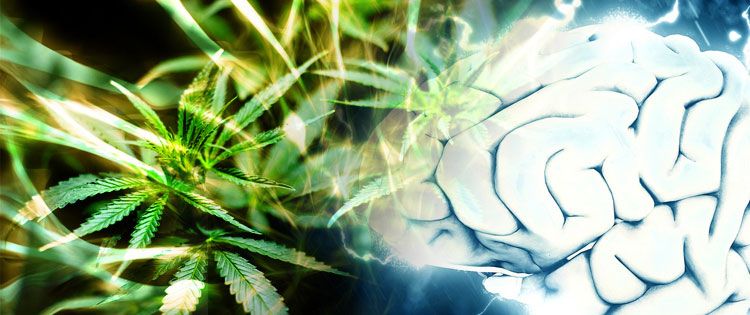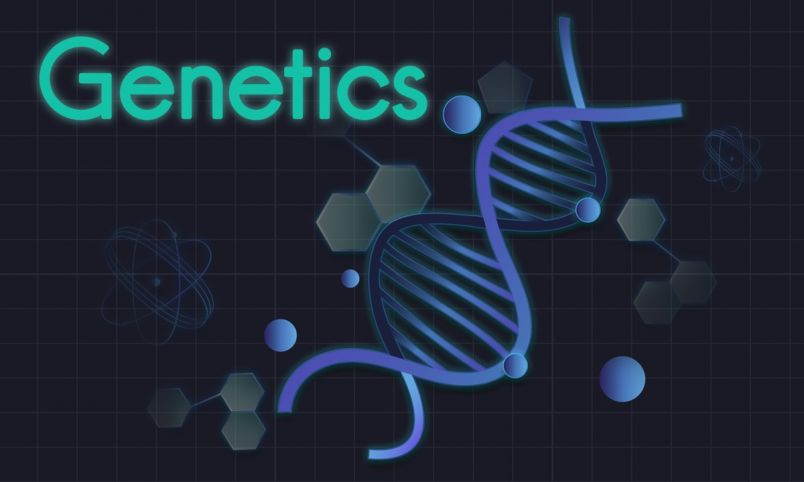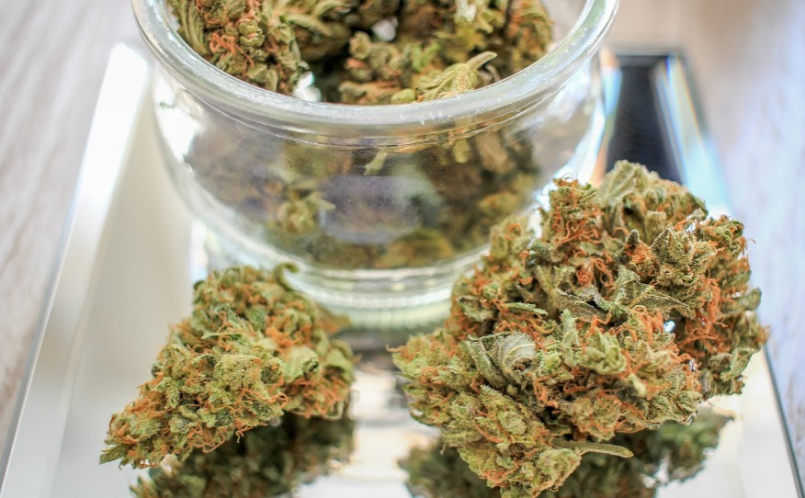A History of Cannabis Misinformation
Prior neuro-scientific campaigns against pot smoking and cannabis consumption falsely detailed how cannabis was bad for the brain. This was based on research from other drugs, and its effect on the human brain.
Today, we can see the therapeutic health benefits of this supplement that not only helps with chronic illness but helps with anxiety, chronic pain, and insomnia.
Visit any medical marijuana dispensary, offering a variety of CBD and THC products to qualified patients, and you’ll see how busy each medical marijuana store is.
From post-traumatic stress disorder, glaucoma, cancer to muscle spasms and insomnia, there’s an array of cannabis supplements with THC, as well as CBD, that’s THC-free to help with numerous health issues.
A study published in the Journal of Clinical Investigation adds that “cannabinoids may spur brain cell growth has reignited the international debate regarding the impact of marijuana on the brain. However, unlike previous pseudo-scientific campaigns that attempted to link pot smoking with a litany of cognitive abnormalities, modern research suggests what many cannabis enthusiasts have speculated all along: ganja is good for you,” via NORML.

How Cannabinoids React with the Human Body
If we want to understand why cannabis affects us differently we need to understand how cannabis works with our body.
Cannabinoids react with the human body via the endocannabinoid system (ECS). This system maintains health in pets and humans.
Additionally, the ECS and homeostasis are linked in that ECS supports and helps to achieve homeostasis. The human body has to maintain balance or homeostasis to be healthy.
An expert at a medical marijuana dispensary licensed by the state will advise you before dispensing medical marijuana.
Body temperature cannot reach extremes, the same applies to blood sugar levels, and so on. Blood pressure, body temperature, and blood sugar all contribute to your body’s overall homeostasis.
That said, the ECS has neurotransmitters CB1 and CB2 which are important cannabinoid receptors found in the brain (CB1), with CB2 found mainly found in the nervous and immune system, although both CB1 and CB2 are found throughout the body as well.
Endocannabinoids will bind to and activate cannabinoid receptors.
The difference between endocannabinoids and THC is that endocannabinoids are made naturally in the human body.
Anandamide with 2-AG are endocannabinoids that are comprised of fat molecules and synthesized when needed by the body.
CB1 receptors bind with THC, and CB2 receptors will only bind with CBD that is free of THC.

Genetics
Yes, the same cannabis product may have different effects on different people! And you’re probably wondering if genes have anything to do with why cannabis affects us differently.
Cannabis may make some people sleepy and others hungry, and some more relaxed. Speak to a cannabis expert at a medical marijuana dispensary to get the best advice as to which cannabis product you should choose!
The research adds that genetic mutation can also be the reason that some people will react differently than others to the same strain of cannabis.
This would refer to a mutation in CB1, that binds with THC. Thus far, scientists have found 15 variations of the CB1 receptor protein. CB1 gene mutations may make a person more prone to anorexia, addiction, and possibly having a sensitivity to cannabis.
Additionally, there is an enzyme called the FAAH gene, that is responsible for breaking down naturally made cannabinoid molecules, with around seven mutations in the CB2 gene.
These mutations all contribute to whether we are prone to certain health conditions or not. People with the Akt gene mutation may also respond differently to cannabis, by making errors in judgment and having motor response issues after consuming cannabis.
Unique Biochemistry
The liver plays an important role when cannabis is ingested. The differing diversity and efficiency of the liver in people allow for the individual differences after ingesting cannabis.
This would only apply to edible cannabis, since cannabis consumed via tinctures, capsules or edibles, would have to go through the digestive system first, and then to the liver.

After that, the cannabinoids would get into the bloodstream and brain. One liver enzyme changes delta-9-THC into 11-Hydroxy-THC, which is more powerful in activating the CB1 receptors and causing intoxication from cannabis.
If you’re finding that you’re having side effects from medical cannabis, you should speak to an expert at a medical marijuana dispensary.
Environment
All environmental laws will impact marijuana. Environmental laws will focus on the following:
- Preventing pollution
- Regulation of natural resources
- Air quality
- Environmental impacts from chemical-intensive extractions & infusions
- Waste management
- Water quality
Chemicals and fertilizers used during the production of cannabis as well as other environmental factors can also contribute to how cannabis affects us differently.
Tolerance
This occurs with marijuana consumers after a period of time, with the need to increase to larger amounts to get the same effect, or stronger potencies, if consumed via tinctures.
Complete breaks are usually recommended with psychoactive cannabis. If the amount consumed is increased, the patient will feel uncomfortable. That said, cannabis tolerance is beneficial to people in that it allows very ill patients to consume the high doses required.
People generally develop a tolerance to the standard 5mg of THC or less that is used for anxiety and pain.

New patients that start taking 5mg of THC will most likely have psychoactive effects, after which they will develop a tolerance to the amount of 5mg’s THC in their cannabis.
It’s best to discuss any tolerance issues with an expert at a medical marijuana dispensary.
Your Health
With so much research out there that’s positive, we can see how cannabis may be beneficial for numerous health conditions in both pets and humans.
Cannabis also has the potential of helping with PTSD, anxiety, and depression, and may help with numerous chronic health conditions.
Connecticut lawmakers in 2019 approved the legal use of medical cannabis for a few more medical conditions. These include the following:
- Tourette syndrome
- Intractable neuropathic pain
- Cannabis use for patients under 18 with the same two conditions has also been approved.
- Interstitial cystitis
- Median arcuate ligament syndrome
- Vulvodynia
- Vulva burning
Although there may be side effects with some patients, cannabis is a natural alternative to taking long-term pharmaceuticals that may have side effects.
If you’re a patient looking for a medical marijuana evaluation from a doctor for your medical condition, this can be done online in some states like California and Minnesota. Cannabis or marijuana doctors will advise as to which medical marijuana dispensary you should visit.
Did you know cannabis affects us differently? Share your thoughts in the comments below!
- Why Does Cannabis Affect Us All Differently? - October 28, 2019
- Why You Want to Use Cannabutter in Your Dishes - August 22, 2019
- Las Vegas as a Capital of Marijuana - October 5, 2018


